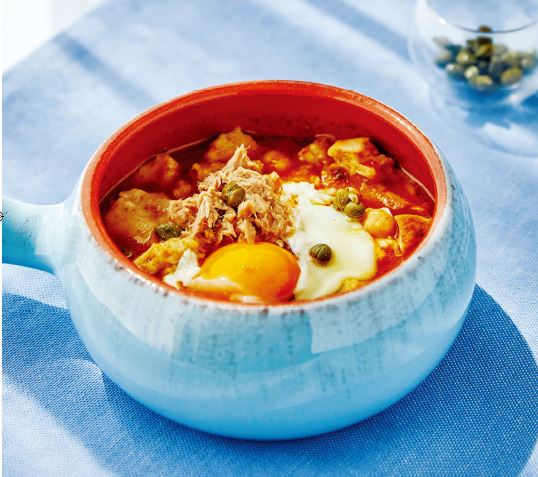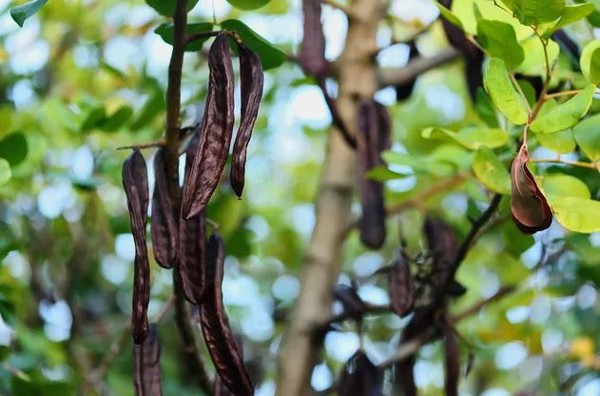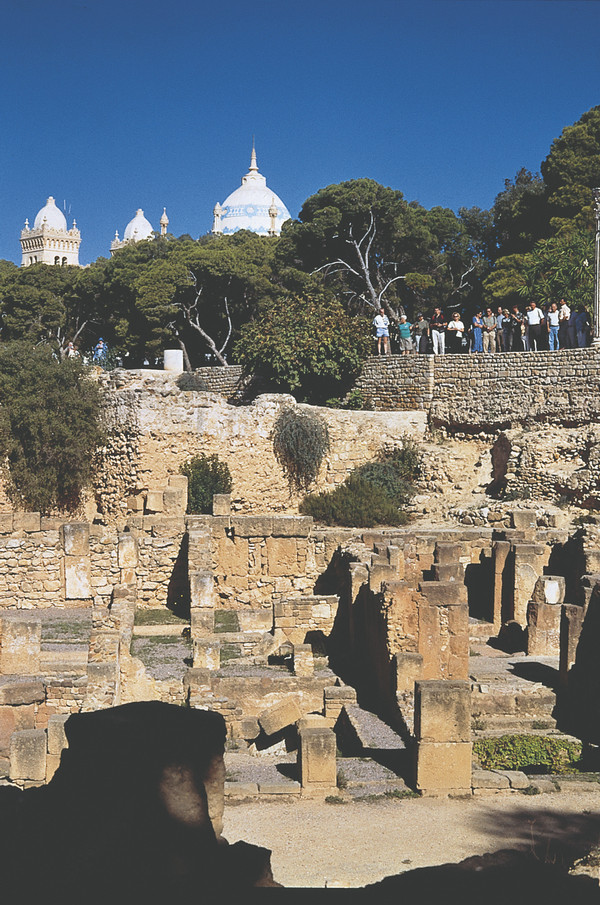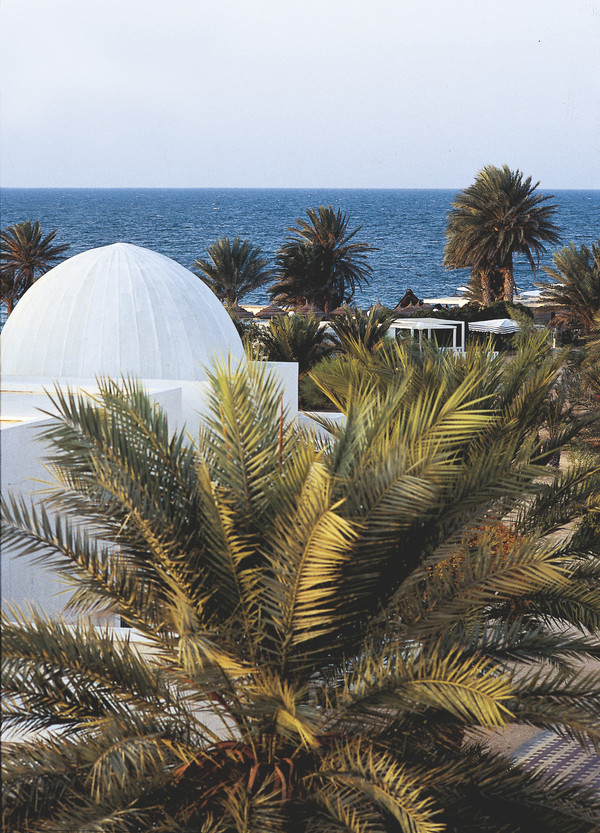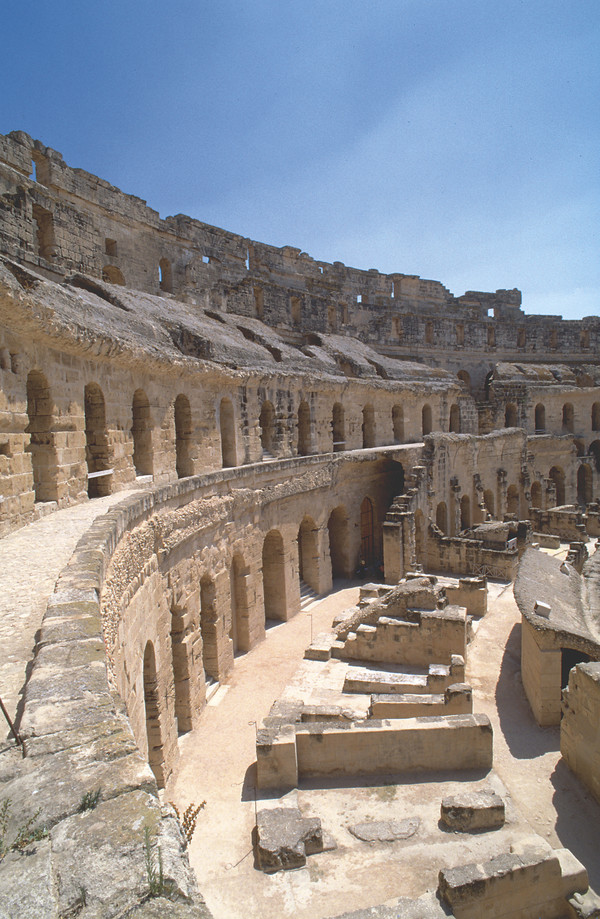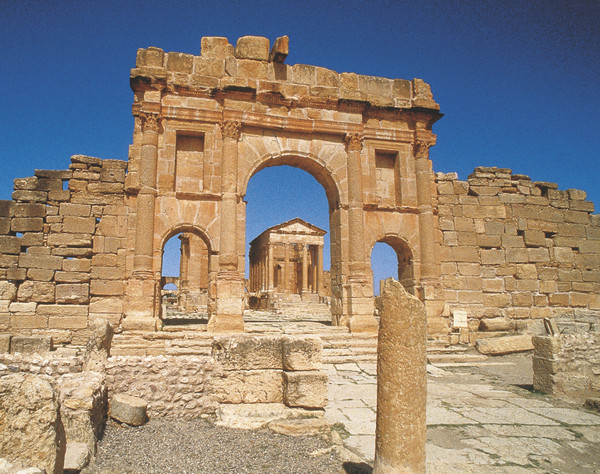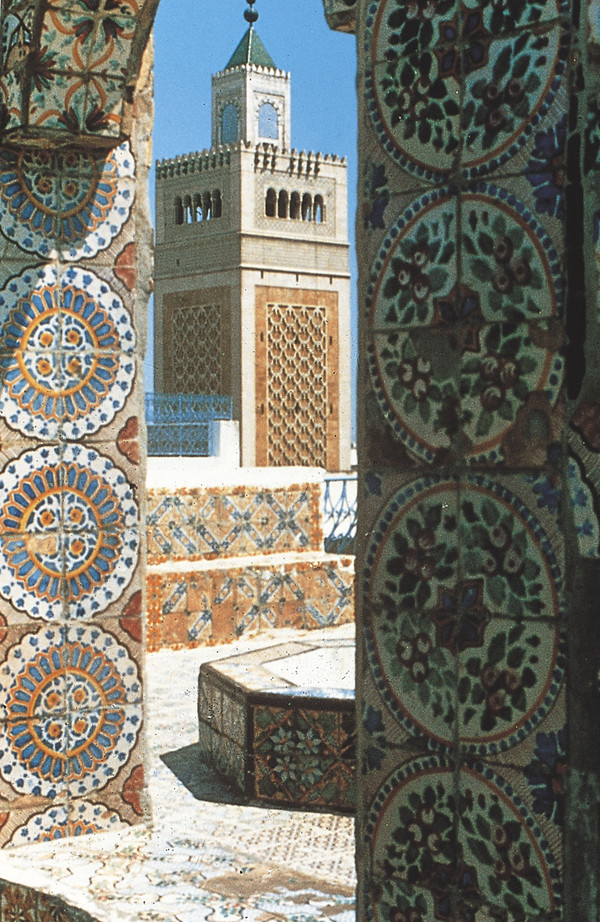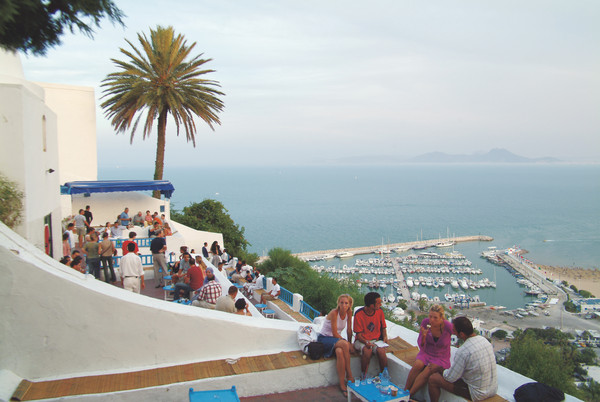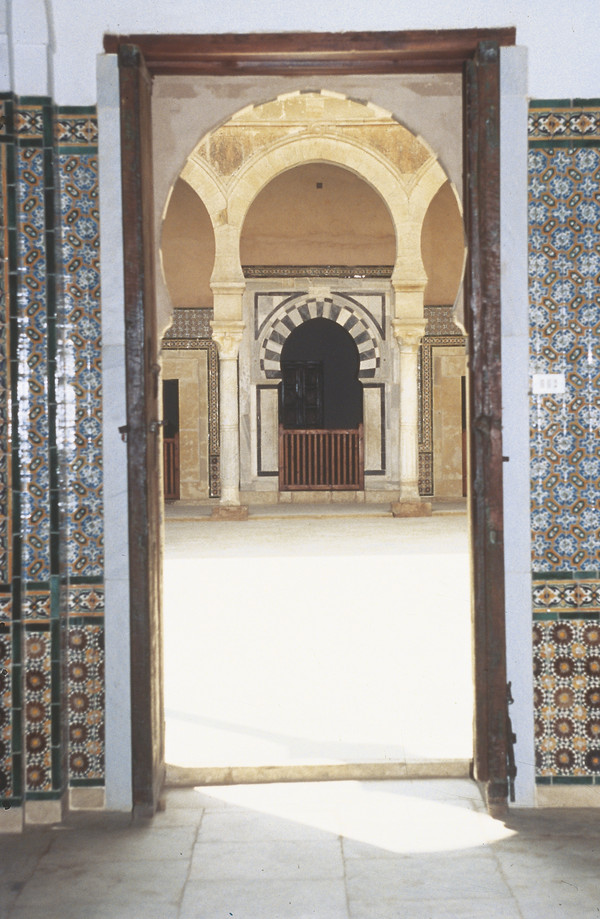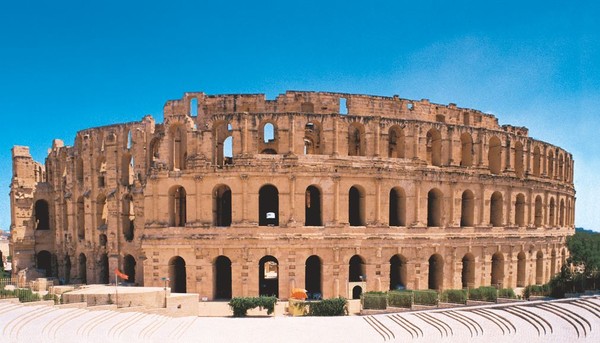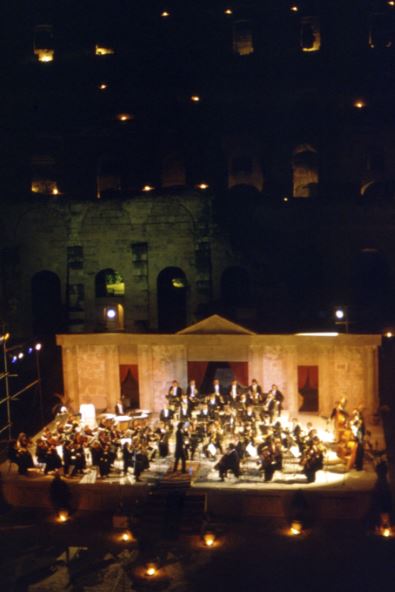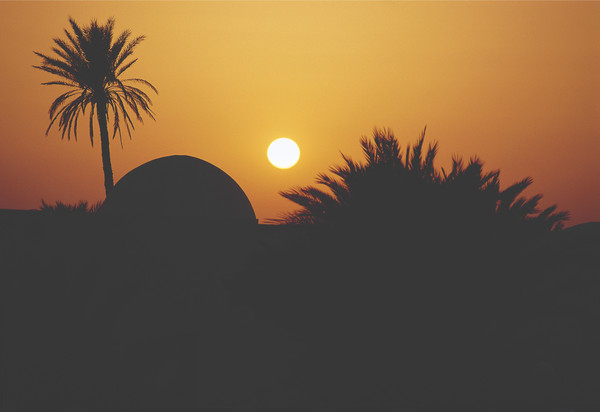Interview with Mrs. Malika Khadhri El Abed, spouse of the Ambassador of Tunisia in Seoul
By Publisher Lee Kyung-sik with Vice Chairperson Joy Cho
I, the publisher, personally visited Tunisia years ago. Tunisia is a truly wonderful country, especially in terms of tourist attractions, including, of course, the ‘irresistibly’ tasty foods. In terms of history and culture, there are not many countries in the world who can emulate Tunisia. As the ‘Home of the Ancient Carthaginian Empire,’ Tunisia is culturally proud enough to be called a 'roofless museum.'
Recently, Madam Malika Khadhri El Abed, spouse of the Ambassador of Tunisia in Seoul, was interviewed by Vice Chairperson Joy Cho of The Korea Post media, publisher of 3 English and 2 Korean-language news publications since 1965. Details of the interview follow:
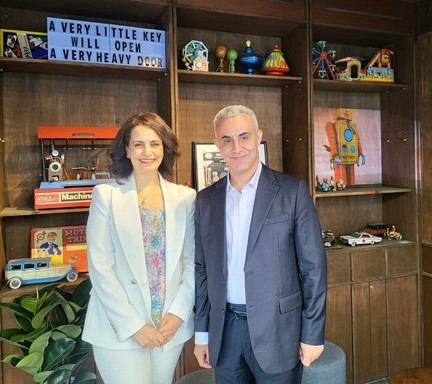
Question: Who are the most prominent ladies in your country other than the First Lady, such as the women leaders in the political world, business circles, social and other areas? Please introduce them in detail.
Answer: Tunisia is a pioneer country in the Arabic and Muslim world regarding the position of the woman in the society. She plays a huge role in all the fields.
From the old history we have Fatima bint Muhammad Al-Fihriyya who was the founder and funder of Al Qarawiyyin mosque in 859 AD in Fez, Morocco which was developed into a teaching institution then a university.
From contemporary history we can mention Bechira Ben Mrad who was a Tunisian women's rights activist. She founded and chaired the Muslim Union of Tunisian Women (UMFT) from 1936 to 1956.
She was a figure of the national movement and proved the engagement of Tunisian women in order to get independence from French colonization
We have to mention that our current prime minister Mrs. Najla Bouden is the first prime minister in Tunisia and in the Arab world.
I can also mention Tawhida Ben Cheikh who was the first doctor in North Africa. She militated during her life to show how women can be equal to men in the society.
In artistic and literature fields I can mention Sabiha Al Khemir whose work is concentrating in creating bridges between cultures. She is a writer, illustrator and an expert in Islamic art.
The Tunisian women play a huge role in Tunisian society. They are pioneers and creator of dynamism in the society.
Q: Women played a great role throughout the history of Korea, including Madam Shin Saimdang. Please introduce yourself and your family.
A: I am a Tunisian woman born in the beautiful coast city in Tunisia called Sousse. I was raised there and finished my studies in Law university. I worked as a teacher in middle and high school since 1996 where I enjoyed also organizing activities to enhance awareness about environment issues. Since 2012, I started working as a freelance translator especially in legal field. With my husband and my children, we lived in Argentina and Poland where we enjoyed a peaceful and rich life.
I came from a large family. My parents encouraged us to study and to be active in the society. It was important the support of the family to do so. From that time, I learnt to be myself and to be part of the society’s dynamism.
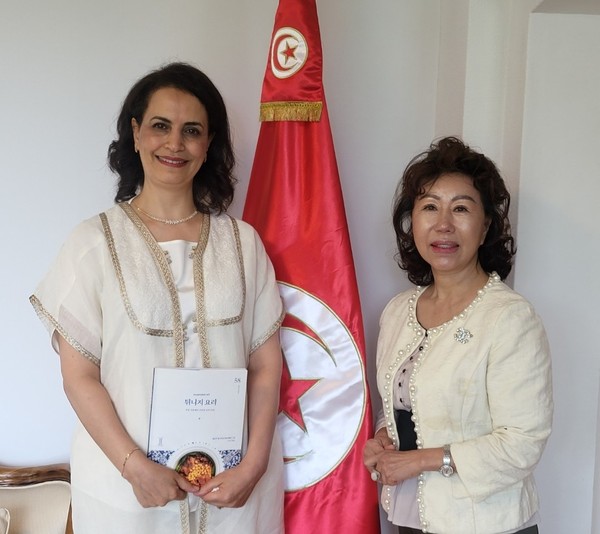
Q: Please introduce the First Lady of your esteemed country and the First Family. This is very important for the First Lady of Korea and the First Family.
A: The first lady of Tunisia is a humble and a discreet person. She is a judge. She is supporting her husband and family in a transition time of Tunisian history.
Q: Please introduce the society activities of Madam, including the Korean ladies who are most friendly with Madam and your country—in the government, business and other areas.?
A: In Korea, I was a member in ASAS board as a project coordinator and I could discover Korean society through cultural and charity activities in which ASAS was involved.
I also created a hiking group with my friend SEO ME where Korean friends and spouses of ambassadors meet and enjoy hiking in different wonderful areas of Seoul.
My friend Shinja Koo president of the institute of Global Culture and Education helped me to realize my dream of publishing a book about Tunisian Cuisine which is the first book in this matter.
I also want to thank RED CROSS organization for giving me the opportunity to meet exceptional Korean women. I would like on this occasion to thank especially Sun-hyan Kim Chairperson of University of North Korean Studies for her exceptional support and devotion as well as all the wonderful team of this organization.
I also want to thank the ex- president of KDS (Korean Down Syndrom) Chang-ryul Kim who allowed me, through ASAS group, to communicate with the students and discover the amazing specific education that they offer to these students to be independent in the future. It was a meaningful experience for me and to every member who was involved in this project.
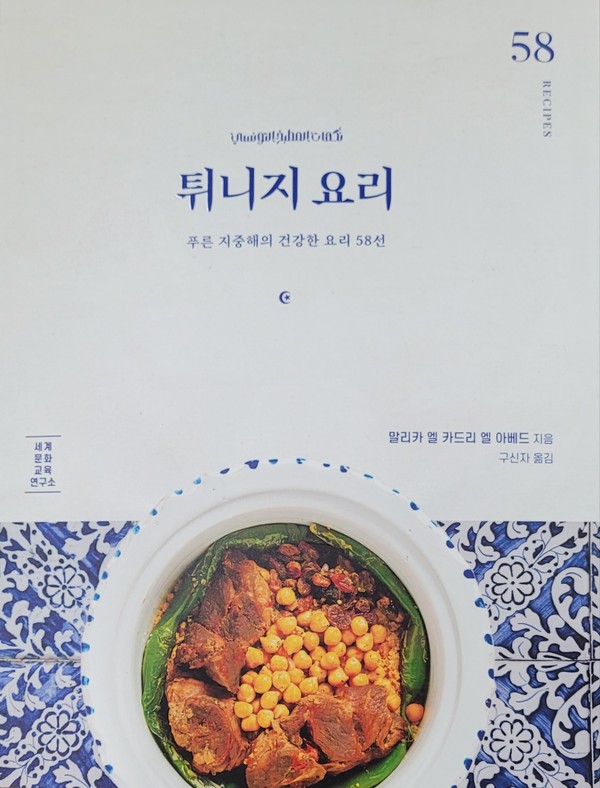
Q: Korean people, especially the up-and-coming Korean businessmen need rest and recuperation. What are your tourist attractions?
A: Tunisia is a touristic country few years after its independence in 1956. I think every part of Tunisia has its own charm and beauty. I can say the North part and the south part have preserved authenticity and are not a mass touristic areas. For instance, Tabarka in the north and Tozeur in the south can be a very good destination for those who are looking for a total new experience. But, if you love very popular spots you can visit Sidi Bou Saïd and Hammamet in the north or Sousse, Monastir and Mahdia in the center coast area.
Q: What are the most important festive days in your country? Please elaborate.
A: We have festive days related to national events according to Gregorian calendar and others related to religious events according to lunar calendar.
For national events we have March 20 the Independence Day since 1956, date of independence of French colonization.
We also celebrate July 25th date of declaration of the republic of Tunisia.
For religious events we have the celebration of end of Ramadan which means end of fasting month.
We also celebrate a very old religious ritual which dates back to Abraham prophet.
Festivities are day off when people gather, go out, travel, and eat special food.
Please add whatever other details that Your Excellency might consider to be important.
I would like to thank all my Korean friends and those of diplomatic community for their support.
I specially want to thank my husband HE NABIH EL ABED and Tunisian embassy staff for making this book ‘Tunisian flavors’ a reality. I hope that Koreans will enjoy trying the recipes and share them.
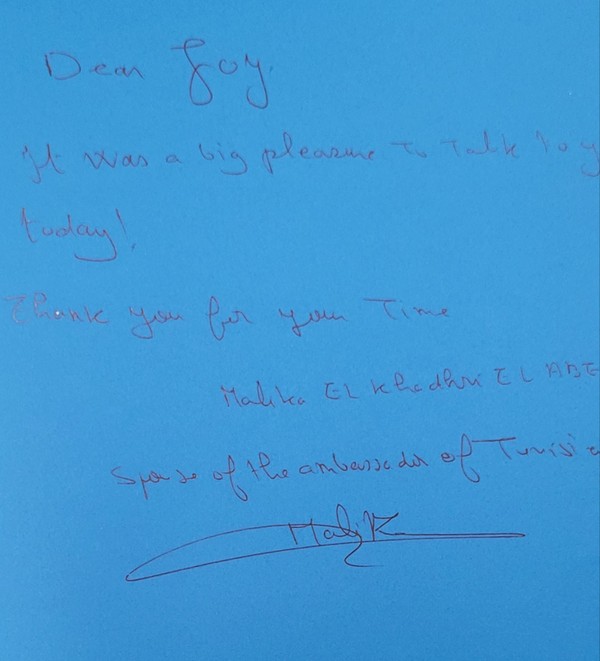
Q: Please tell me the background of the publication of the Korean translation of 'Tunisian Cuisine’
A: I started organizing traditional recipes in Tunisia, knowing that I had a passion for writing and cooking, so I didn't have a culinary culture book about Africana while looking around the bookstore in Korea. I am preparing a similar project starting with this book by writing the first Tunisian cookbook in Korea.
Q: I heard that all the dishes in the book were cooked at the embassy and photographed, but was it not difficult to get ingredients?
A: I found a lot in common in our country and Korean food.
Harisa (red pepper) is used a lot for the basic seasoning of Tunisian cuisine, but the taste is slightly different from Tunisian pepper, but it is a material that is used in Korean food and can be easily obtained.
Most of them were purchased in the Korean market and cooked by using spices sent from Tunisia.
Olive production in Tunisia is ranked in the world: olive oil is the main ingredient for all foods, and Tunisian food is healthy and diet food.
Q: Please introduce the main spices of cooking in Tunisia.
A: Broad Beans, Chickpeas, Fennel Seeds, Pried mint, Cumin Seeds, Coriander Seeds, Dried rose petals, Turmeric, Dried orange peels, Black peppers
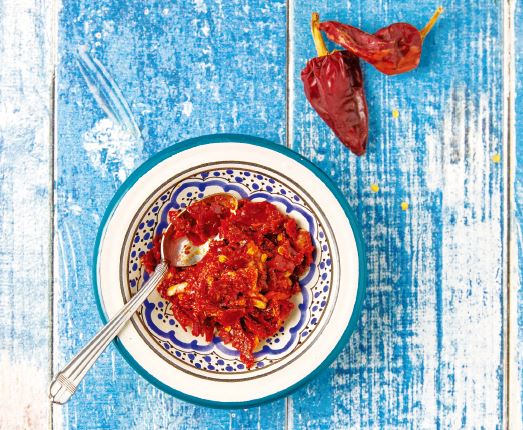
Q: Please introduce your family.
A: I had a six-year relationship with my current husband, Naviel Ahmet, one year senior to me in college. I am having a happy time as a companion for 31 years now.
Sarah, our first daughter, is currently studying a master's degree in Paris.
The two sons are attending the University of Paris.
Q: Please introduce the future plans and what you want to do
A: I have plans to plant a Carob tree nationwide when I return home.
This fruit is also used as an ingredient in medicine in medical, and fruit is used in cooking like cocoa powder.
It is a tree that meets our climate, so it can be an income source in poor families and will contribute greatly to greening the country.
